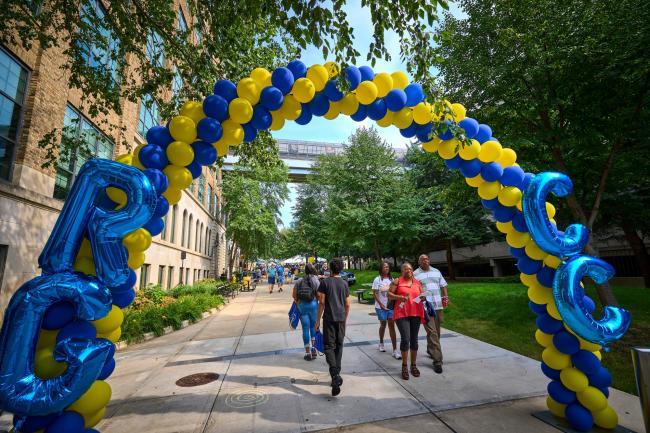Sept. 3, 2021 GRAND RAPIDS, Mich. -- A five-year, $1.2 million grant from the U.S. Department of Education will allow Grand Rapids Community College to help adult learners enter or return to higher education.
GRCC will use the grant to create a TRIO Educational Opportunities Center, where unemployed or low-wage workers and other adult students can work with campus specialists to connect with counseling and receive information on admissions and support services.
Educational Opportunities Center programs offer academic and personal counseling, tutoring and mentoring, career workshops, student financial assistance and help with completing the college admission process.
The centers support a range of adult learners, including those with limited proficiency in English, those with disabilities, those facing housing insecurity, people aging out of the foster care system, and other members of groups that are traditionally underrepresented in postsecondary education. The TRIO program also supports students who are low-income or are potential first-generation college students.
“A community thrives when all of its members have access to higher education,” GRCC President Bill Pink said. “We appreciate this support from the U.S. Education Department to help GRCC connect residents with services that can help them be successful on their educational pathway.”
Educational Opportunities Centers, launched in 1972, are part of a set of federal programs known as TRIO, which is authorized by the Higher Education Act to help low-income, first-generation students and those with disabilities succeed in higher education.
During the 2020-2021 fiscal year, 139 Educational Opportunity Centers served more than 192,000 adult learners.
“As systemic inequality and financial hardship discourage students from succeeding in college, TRIO programs like EOC take on new importance because they continue to help guide unemployed and underemployed workers and returning high school and college students toward earning a degree,” said Maureen Hoyler, president of the nonprofit Council for Opportunity in Education in Washington, D.C.
